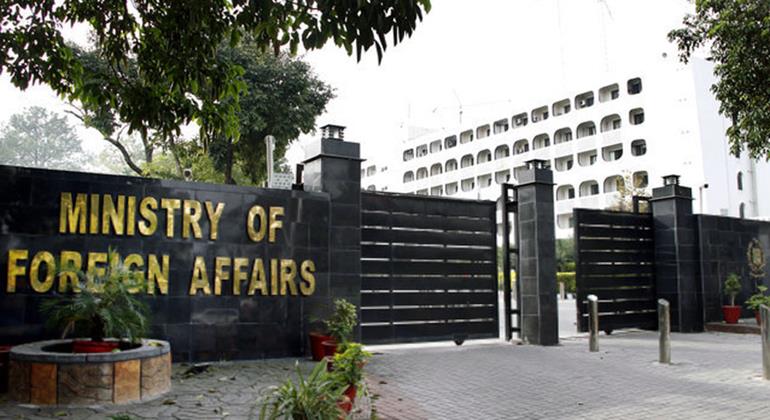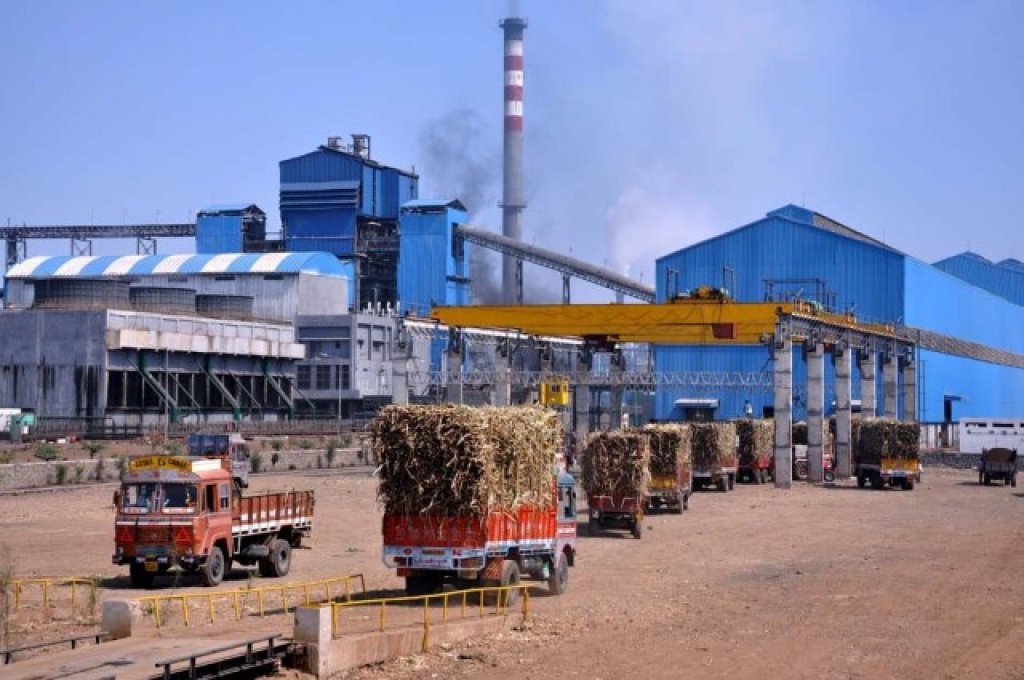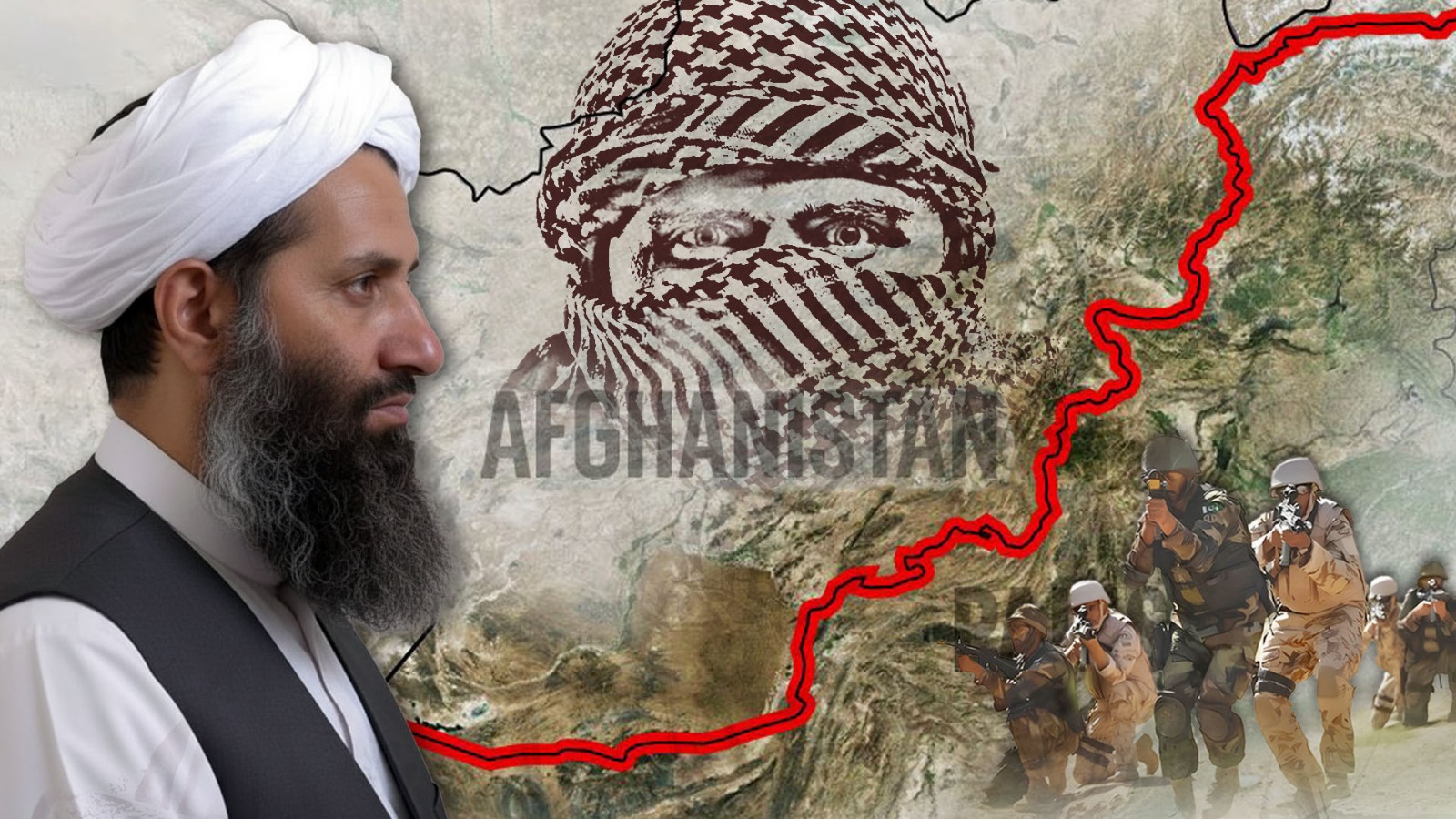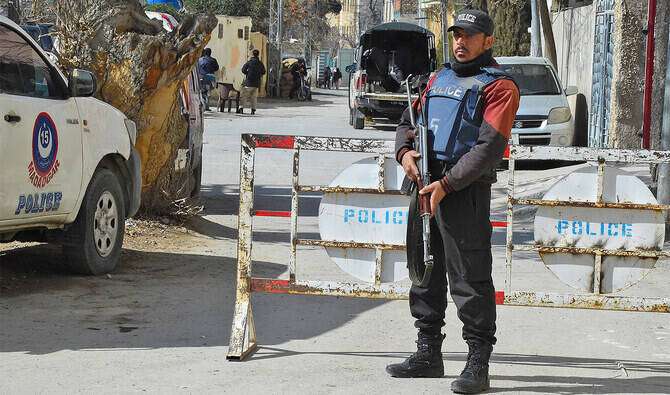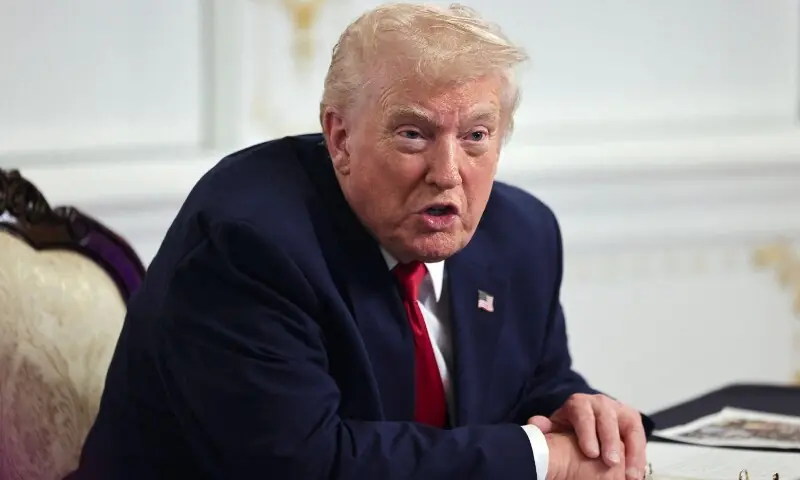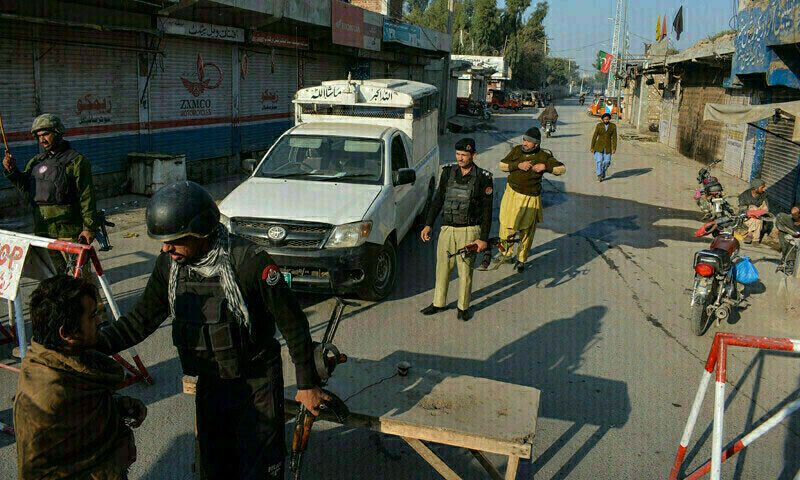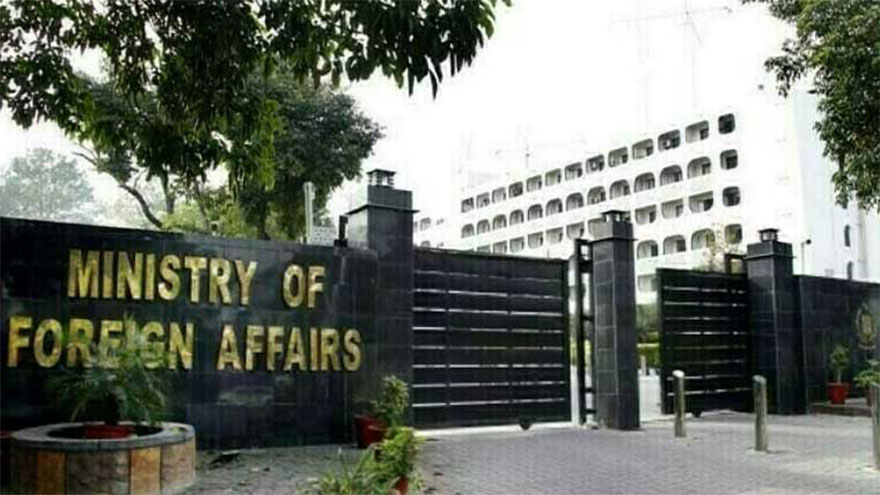On the sidelines of the 80th session of the United Nations General Assembly, the Contact Group on Jammu and Kashmir of the Organization of Islamic Cooperation (OIC) held a crucial meeting in New York on September 23, 2025. The meeting, chaired by the OIC Secretary-General, was attended by the foreign ministers and senior officials of the Contact Group’s member states: Azerbaijan, the Islamic Republic of Pakistan, the Republic of Türkiye, Saudi Arabia and the Republic of Niger. Representatives of the Kashmiri people also participated, voicing their concerns.
According to a statement from the Foreign Office, the meeting reviewed reports from the OIC General Secretariat and the Independent Permanent Human Rights Commission (OIC-IPHRC). Syed Tariq Fatemi, Special Assistant to the Prime Minister, briefed the group on the latest situation in Indian Illegally Occupied Jammu and Kashmir (IIOJK).
The joint communique issued after the meeting highlighted several key points:
The communique reiterated the OIC’s unwavering support for the Kashmiri people’s right to self-determination, a right explicitly elevated in UN Security Council resolutions.
Ministers expressed deep concern over recent military tensions in South Asia, particularly condemning what they called “unjustified attacks” in Pakistan and Azad Jammu and Kashmir. They urged all parties to exercise maximum restraint. The OIC also stated that developments following the Pahalgam attack on April 22, 2025, have shown that lasting peace and stability in South Asia depend on a final resolution of the Jammu and Kashmir dispute in line with UN Security Council resolutions and the aspirations of the Kashmiri people.
The statement declared that unnecessary claims and irresponsible statements by Indian leaders regarding Azad Jammu and Kashmir and Gilgit-Baltistan pose a threat to regional peace.
The OIC voiced deep concern over actions taken by Indian authorities in occupied Kashmir following the Pahalgam attack, including the arrest of 2,800 people and the demolition of nearly three dozen houses. It also expressed alarm over the continued detention and deteriorating health of prominent Kashmiri leader Shabbir Ahmad Shah.
Call for Action and Rejection of Indian Policies
The communiqué rejected India’s illegal and unilateral actions of August 5, 2019, which were aimed at altering the internationally recognized disputed status and demographic makeup of IIOJK.
The ministers welcomed the visit of the OIC Secretary-General’s Special Envoy for Jammu and Kashmir to Pakistan and Azad Jammu and Kashmir in April 2025. They requested the Secretary-General and OIC member states to continue highlighting the plight of the Kashmiri people on various international platforms, including the United Nations.
The OIC has called on India to improve the human rights situation in IIOJK, release all political prisoners, lift the ban on Kashmiri political parties, repeal all oppressive laws, and implement relevant UN resolutions.
This joint communique reflects a strong and clear stance by OIC member states in support of a resolution to the Kashmir dispute and the rights of the Kashmiri people.

